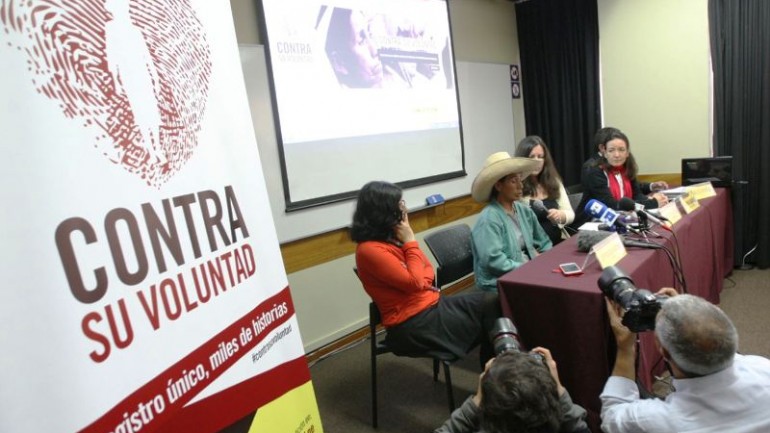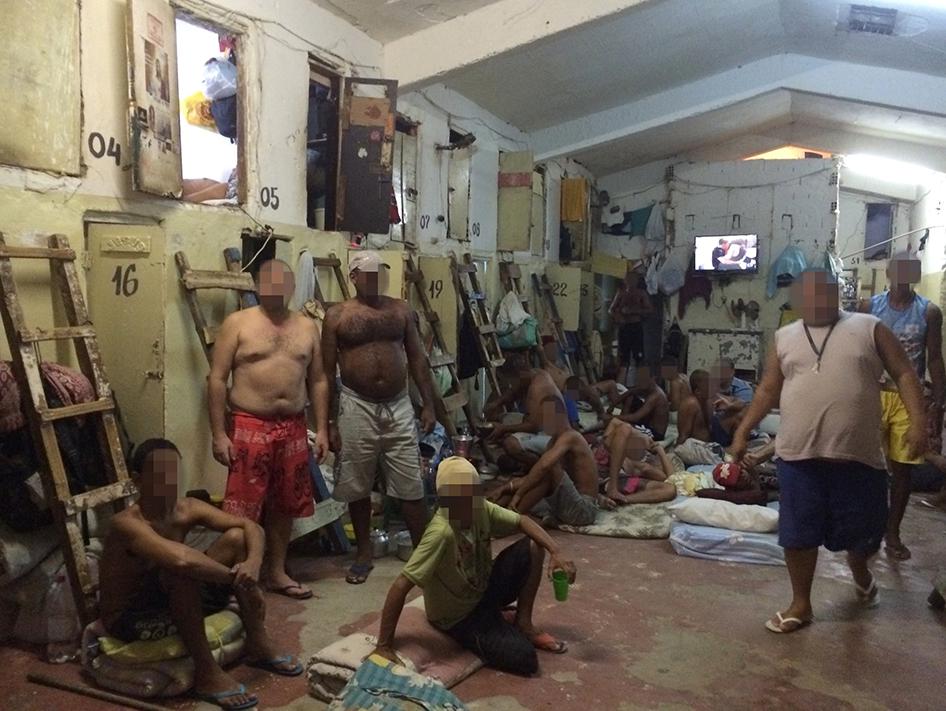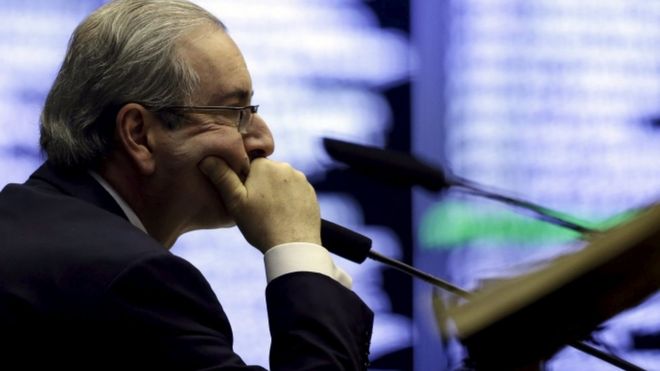The Peruvian government is investigating the forced sterilizations programs of the 1990s. The program was carried out mostly during 1997 and 1998 under the leadership of President Alberto Fujimori. It is estimated that between 250,000 and 350,000 women and 20,000 men were forcibly sterilized during the program.

State prosecutor Luis Antonio Burgos ordered the reopening of the criminal investigation into the matter back in May, the third time the investigation has been reopened since 2009. A 2014 investigation was closed due to a lack of evidence. The current investigation will allow the oral testimony of affected women into evidence.
The Peruvian ambassador to the Organization of American States has recently committed to the Inter-American Commission on Human Rights that the government will be launching a full investigation into the programs.
The move comes in response to a recent campaign launched by Amnesty International – “Against Her Will” – which demands the government create a national register of victims. Peru’s forced sterilization program is said to be the most “emblematic” in Latin America, according to Amnesty International Americas director Ericka Guevara.
The programs were mostly carried out in rural areas of the country, and targeted poor and indigenous communities. Some victims were lured in to clinics with promises of food and medical care, while others were threatened with fines and jail time. Many women suffered medical issues as a result of the procedures such as back and abdominal pain as well as psychological trauma. A number of women also died from botched sterilizations.
Fujimori’s government promoted the program as a way to reduce the birthrate among poor and indigenous populations to reduce poverty rates in the country. Fujimori was imprisoned in 2007 on corruption and human rights abuses. He has claimed that the sterilization program was voluntary.
For more information, please see:
TeleSur – Peru’s Indigenous Women Demand Justice for Forced Sterilization – 22 October, 2015
Peru Reports – Peru to investigate government’s forced sterilizations program – 27 October, 2015
Prensa Latina – Ex Peruvian President Fujimori may Face Another Trial – 27 October, 2015
Amnistia Internacional – Contra Su Voluntad – 2015



